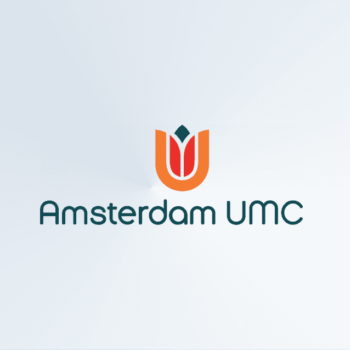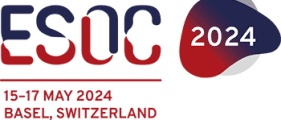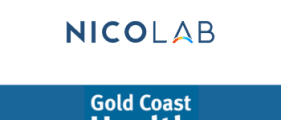July 18, 2019
Amsterdam UMC and Nicolab received €800,000 from the Dutch Ministry of Economic Affairs. This subsidy was awarded to develop Artificial Intelligence (AI) methods to accelerate Magnetic Resonance (MR) imaging and analysis in stroke victims using the Google Cloud Platform.
The project aims to enable hospitals to acquire brain scans ten times faster, making MR suitable for the acute clinical setting where minutes matter. With this grant, the consortium aims to improve the complex decision-making in stroke and shorten the time needed to initiate appropriate therapy, thereby improving the quality of life after stroke.
Fast diagnosis and treatment are key when suffering a stroke to prevent irreversible cell death and concomitant brain damage. CT imaging has been the predominant modality of choice for diagnosis and treatment planning, as it is fast, inexpensive and readily available. Its main limitation, however, is the limited sensitivity in the hyperacute setting. Manifestation of CT features is a process that lasts several hours, making evaluating CT scans difficult. MR is currently only scarcely used in stroke imaging.
Project STAIRS
The project STAIRS – Stroke treatment decision support by Artificial Intelligence for analysis of MR images – was established to investigate and develop novel AI techniques to accelerate MR imaging and enhance its interpretation. Ten times accelerated MRI imaging and robust AI analysis will be developed and tested in the North-Holland, the Netherlands environment to demonstrate a short door-to-treatment time for patients.
The consortium partners combine experience and expertise to lead the project and transform MR imaging in stroke. Amsterdam UMC, a world-leading stroke center, together with two other Dutch Academic Medical centers, initiated and executed the renowned MR CLEAN trial that revolutionized stroke treatment and has extensive knowledge on stroke and MR imaging as such.
Nicolab successfully developed AI algorithms for CT imaging, and has a strong skillset in utilizing advanced AI to tackle medical imaging problems. Google Cloud Platform offers high-speed data access, as well as dedicated High-Performance Computing resources, needed to enable MR image analysis by AI in the cloud. The company Qlouder aims at delivering cloud solutions to its partners.
Matthan Caan, assistant professor Amsterdam UMC: “The objective of STAIRS is improving AI-supported treatment planning of acute ischemic stroke based on MR imaging as an alternative to CT, enhancing the efficiency of AI methods and exploiting hardware opportunities to its max. This AMC TKI-PPP subsidy allows us to take significant steps to improve decision-making in acute stroke”.



